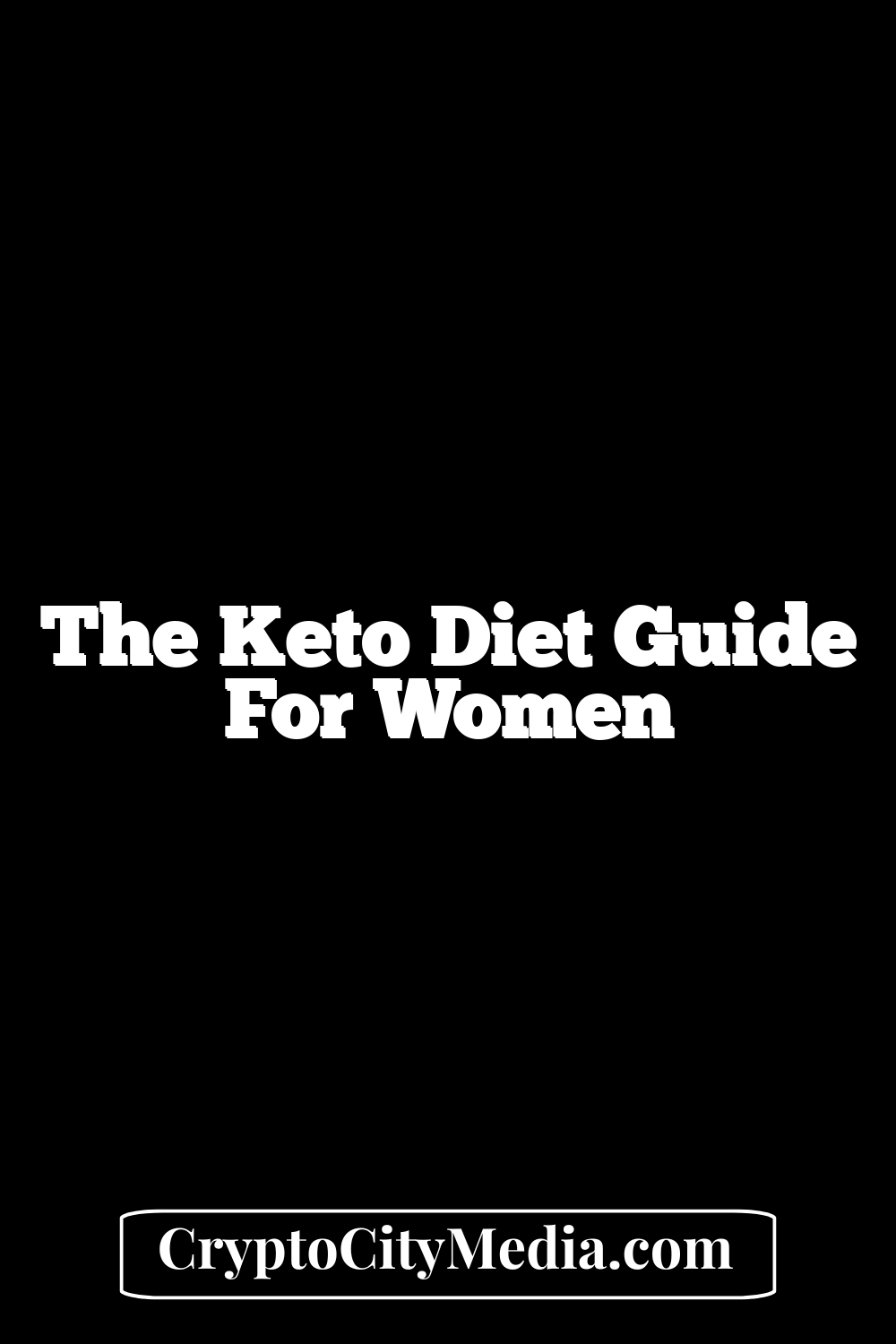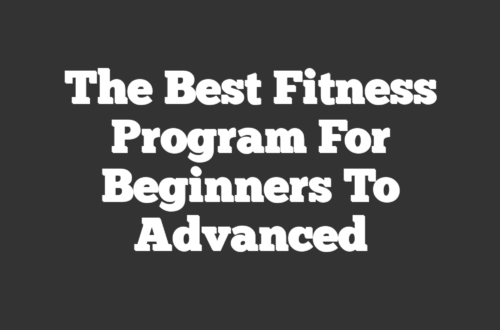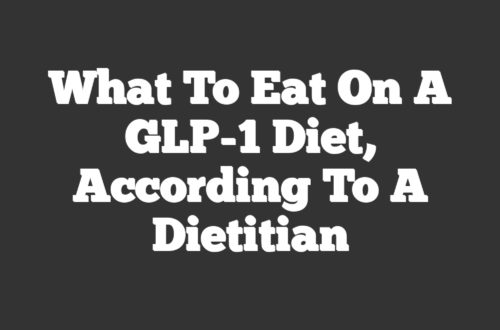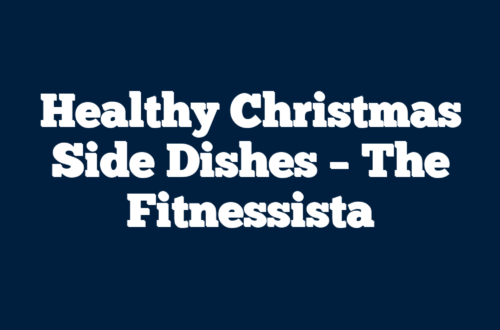
Heard all about the keto diet and how it works wonders for weight loss, but not sure if it is worth a shot, or how to get started? I was wondering just like you…after all, let’s be honest, carbs are delicious and even the healthy carbs are important to us. Starting keto needs to be done properly to avoid common keto mistakes.
What is the Keto Diet?
The ketogenic diet or keto diet comprises of diet is very low in carbs, high in fats and moderate protein. Many people consider it a fad diet, but it has been used for decades by bodybuilders and with people with certain medical conditions.
The keto diet is known for targeted fat burning for an energy source. The reduction of carbohydrates puts your body into a ketosis state.
While this diet may share similarities with the Atkins diet and other low carb diets, it is primarily based on the process of ketosis to improve weight loss.
What is Ketosis?
Ketosis is actually a normal metabolic process when the body does not have enough glucose for energy. Your body turns to the stored fats in the body and burns it to use for energy.
When you follow a low carb diet, that’s exactly what happens. Your body does not have enough energy, and therefore, turns to burn the stored energy, the fat reserves.
This process also burns fat into something called ketones, which the body then uses to supply energy. Following a low carb or ketogenic diet has been found to offer many health benefits.
What are the Health Benefits of Keto?
You might find this one surprising, but keto diets actually originated to treat neurological disorders. With the other health benefits that it offers, it became more and more popular, and today is one of the most widely followed weight loss diets.
Several studies have also linked the keto diet to health benefits including:
- Diabetes: Blood sugar stays lower, but if you have type 1, it can be dangerous, be sure to check with your doctor before starting. People with type 2 diabetes have seen improvement.
- Alzheimer’s disease
- PCOS
- Parkinson’s disease
- Epilepsy: Can control seizures, but check with a doctor before starting.
- Targeted weight loss: Rapid and targeted weight loss is one of the more popular reasons people follow the keto diet.
- Appetite: The high fats and moderate protein help you feel satiated and less hungry.
- Cholesterol: Helps reduce blood cholesterol (LDL, bad) levels, and improve the levels of HDL (good) cholesterol.
- Heart Disease: With improved cholesterol comes less risk for heart disease.
- Blood pressure: Low carb diets have been found to help control elevated blood pressure.
Does Keto Reduce Belly Fat?
The keto diet is also very effective when it comes to reducing abdominal fat because of the nature of the process. While you can’t ever actually target a specific area of fat on your body to lose when you want, the keto diet will burn visceral fat or belly fat in the process of burning fat for energy.
- It may be worth it to purchase a Keto Diet Plan or Challenge to get started with. We have one that teaches you how to count your macros, what foods to avoid and what foods to eat. There is even a 21 day meal plan to help you get started eating the right balance of foods. Daily emails, support, everything you need.
- Follow a plan, track your foods.
- Take care of your kidneys by drinking plenty of water. You can print a water tracker here.
- Eat whole foods and only eat when you are hungry.
- Keep in mind keto is not a high protein diet. Keep protein at no more than 30% of your daily calories.
- Keep your net carbs under 50 grams.
Keto Diet Food List
It’s important to stock your fridge and pantry with appropriate foods ahead of time to keep you from reaching for the high carb foods you may be accustomed to. Having a list of foods to eat on the keto diet on hand will help keep you on target for meeting daily goals.
Here’s a quick list of general foods, but be sure to print our Keto Diet Food List to keep handy. It will also help keep your carb intake in check with the net carbs for each food already calculated for you.
- Nuts and seeds: Chia seeds, flaxseeds, almonds, pumpkin seeds, sunflower seeds, walnuts, pine nuts, peanuts
- Vegetables: Non-starchy vegetables are lower in carbs
- Protein: Eggs, fatty fish like salmon, tuna and mackerel, meats such as chicken, turkey and red meat
- Fat sources: Coconut oil, avocado oil, extra virgin olive oil, butter
For a full list of keto-approved foods, grab our free download – keto diet food list pdf!
Foods to Avoid
Once you are in ketosis, to stay in ketosis, you must avoid foods high in carbs. You’ll need to stay between 20 grams and 50 grams of net carbs.
- Sugary foods: Processed, sugary foods like cakes, biscuits, cookies, soft drinks, and fruit juices
- Fruits: Most fruits are high in carbs, with a few exceptions, but you’ll still need to monitor your serving size
- Legumes: Most legumes and beans including chickpeas, kidney beans, and peas
- Grains: Wheat and wheat-based products such as pasta and bread
- Veggies: Root veggies like carrots, potatoes, sweet potatoes, beets
- Other foods: Be sure to check the nutritional label.
It won’t take long before you learn the foods to avoid. The key to reducing cravings for some of your favorite high carb foods will be to eat the right balance of allowed macros.
Plan out your meals to make sure you’ll get enough healthy fats and protein to keep you satisfied.
Popular Keto Recipes
Some of my favorites are:
If you need additional help getting started on the keto diet, and you are invited to join our Keto Diet Challenge Facebook group for women over 40!
Do you have a question about starting a keto diet that wasn’t answered here? Comment below!




